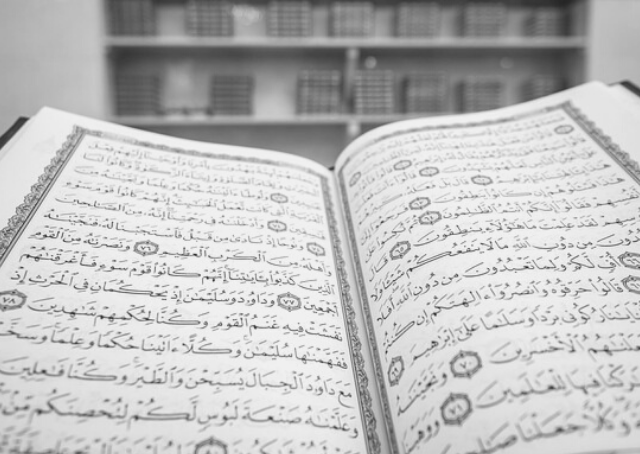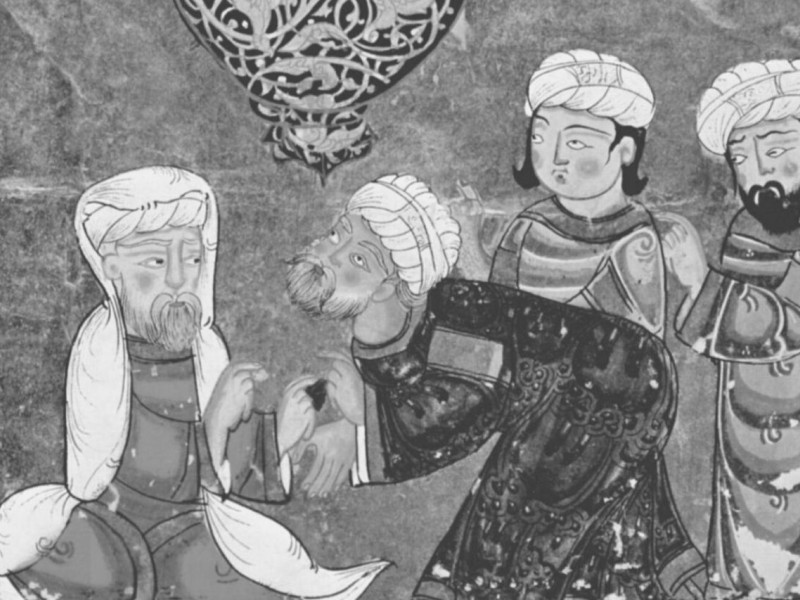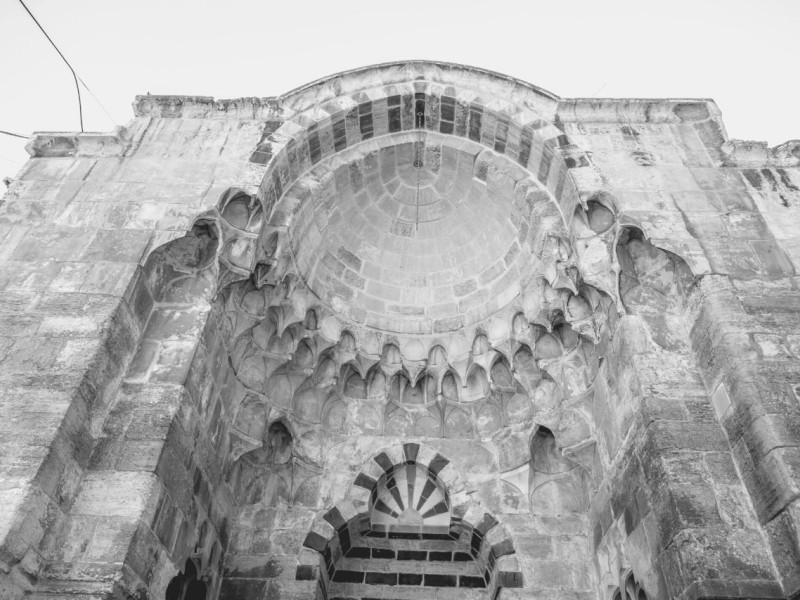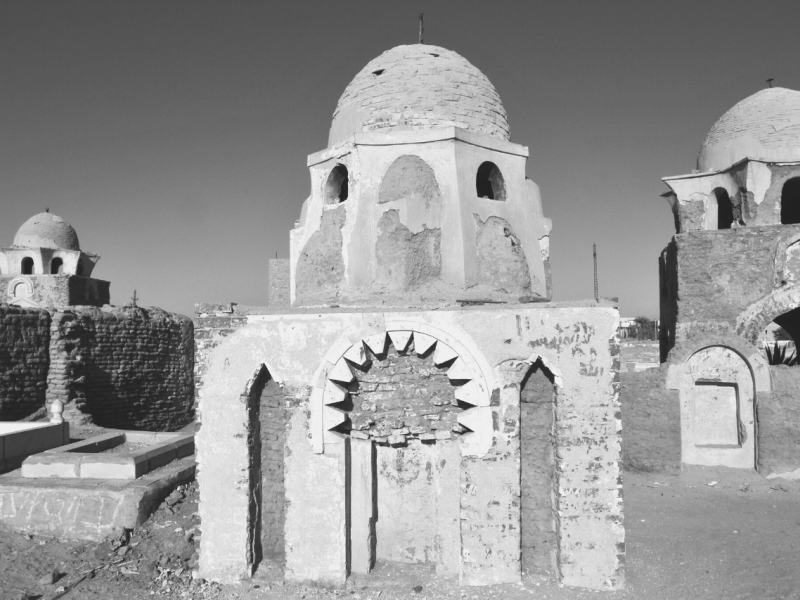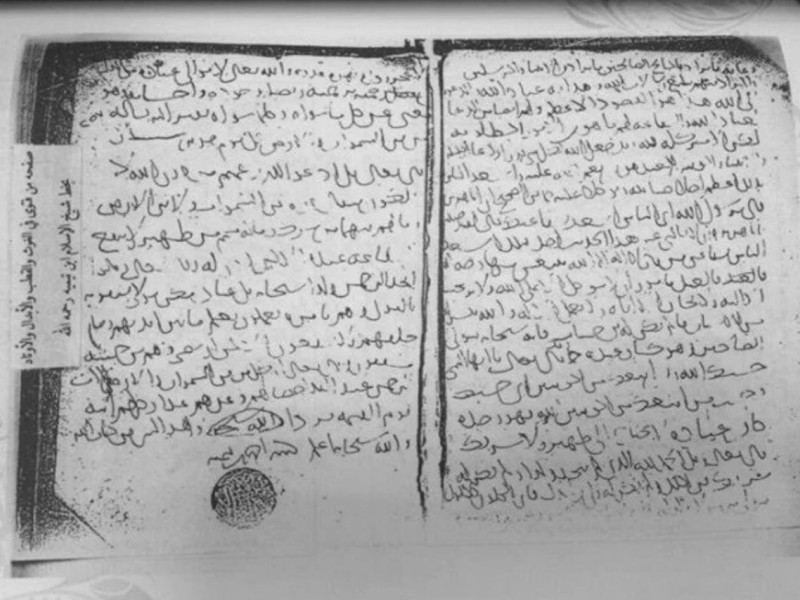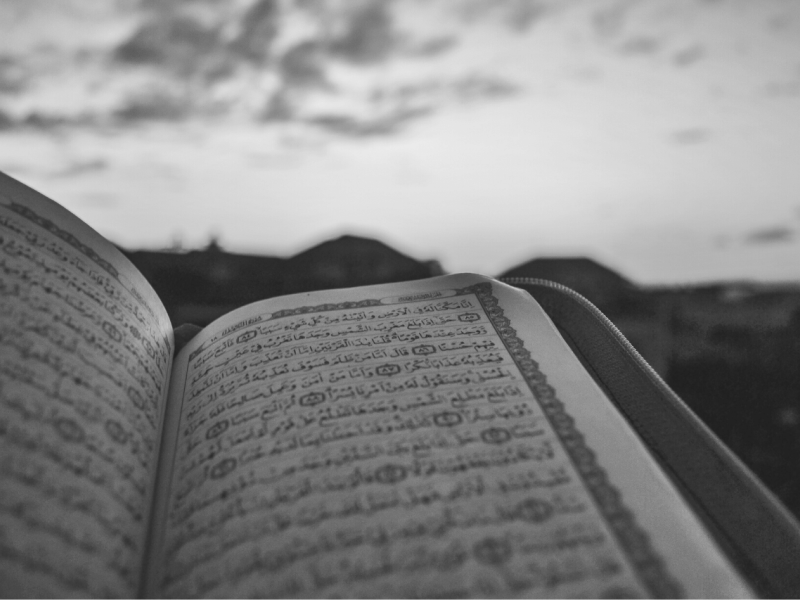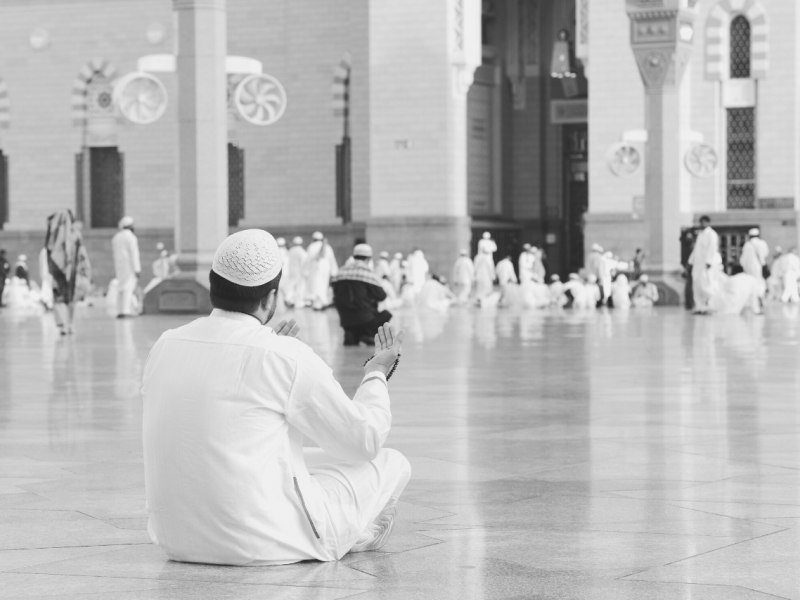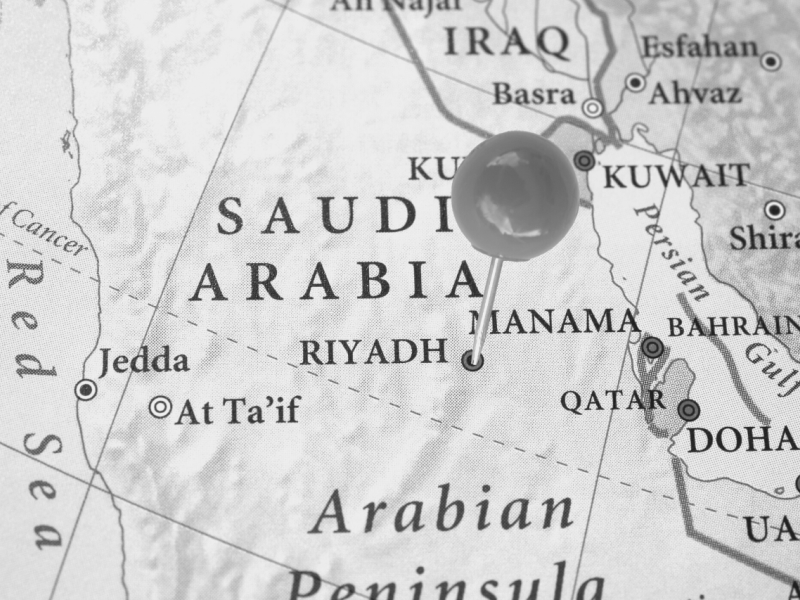Fatwa | Understanding Legal Opinions on Ethics & Morals
A fatwa is a legal ruling under Islamic law which offers an opinion on religious ethics and morals. It is rarely considered a death sentence.
Read on to learn more about this legal ruling.
What is a Fatwa?
A fatwa is a formal Islamic ruling or interpretation of the law given by a qualified legal scholar, known as a mufti. Muslim fatwas are generally responses to questions from individuals or Islamic courts. Fatwas are not treated as binding judgments, although authoritative, and any requester can seek another opinion.
The mufti will look at the person’s opinion and reputation, giving the evidence alongside the evidence used to support the fatwa. When different scholars issue conflicting opinions, they will compare the evidence and then use their God-given conscience to guide them.
A fatwa plays a vital role in the classic system by:
Managing information about Islam by providing legal advice as well as counseling them in rituals and ethics.
Advising courts of law on finer points of Islamic law.
Elaborating substantive Islamic law.
In nations where Islamic law is the basis of civil law yet not codified, fatwas are debated before being issued. A fatwa should never be contradictory. If two fatwas contradict, the ruling bodies should attempt to define a compromise interpretation to remove any ambiguity.
While Islamic fatwas have no direct place in the system, they are used to clarify subtle points of law for experts or give moral authority to interpret a rule. In nations where Islamic law is not the basis of law (for example, in African and Asian countries), a mujtahid can issue a contradictory fatwa.
Fatwas can range from single-word responses to book-length essays. Although they focus on legal matters, fatwas can also cover theology, philosophy, creeds, and Islamic worship acts.
Fatwa Definition
The definition of Fatwa is any religious decision made by a mufti. Fatwa (plural fatawa) means, literally, legal judgment or verdict. When defined by Al-Shatibi, fatwa means “A reply to a legal question given by an expert (mufti) in the form of words, action, or approval.”
The word fatwa comes from the Arabic root f-t-y, meaning youth, newness, clarification, or explanation. It can also be called fetva, a Turkish word relating to the Ottoman Empire.
The origins of the word fatwa can be traced back to the Quran. The Qurani text instructs Muhammad on how to respond to his followers’ questions about social and religious practices. This is expressed with verbal forms of the root f-t-y, which signifies asking for or giving authority.
Is Fatwa Islamic?
Yes, a fatwa is Islamic. The origins of the fatwa can be traced back to the Quran. On several occasions, the Quran instructs the Islamic Prophet Muhammad on responding to questions from his followers regarding religious and social practices.
According to Islamic doctrine, after Muhammad died in 632, God stopped communicating with humankind via the prophets. The expanding Muslim community turned to Muhammad’s Companions for religious guidance. Successors, who developed the concept of fatwas, replaced that generation of Companions.
The Islamic community developed the role of the fatwa under a question-and-answer format for communicating religious knowledge. It took on its definitive form with the development of the classical theory of Islamic law.
Muslim Decree
A fatwa is an official term for a Muslim decree. A decree is an official order or decision, usually made by someone in power. Muslims have a belief in the divine decree. They have a firm belief that everything, good or bad, takes place by the will of Allah. Although he will never force them to do anything against their will, nothing can happen without his will.
Belief in the divine Muslim decree is one of the pillars of faith. When the Prophet was once asked about faith, he said, “It is to believe in Allah, His angels, His books, His messengers, the Last Day and to believe in the divine decree, the good and the bad of it.”
Death Fatwa: Another Term for Death Warrant
A death fatwa is understood by many to be a death warrant. It’s only rarely that a fatwa calls for death. A fatwa can be canceled and is not a binding ruling that absolves a person of guilt. Of course, a fatwa calling for death could incite someone to act, disregarding any Islamic legal theories.
Fatwas became much-discussed internally after Ayatollah Khomeini issued a fatwa to kill novelist Salman Rushdie for his Satanic Verses, which allegedly insulted the Prophet. Iran backed this fatwa between its 1989 issue until 1998 when President Mohammad Khatami decreed it was not applicable.
This fatwa triggered international outrage, triggering strained relations between Iran and the West. Due to this incident, many associate the practice as being connected to dark Islamic stereotypes. The Dar ul Uloom issued a fatwa decreeing any call for killing Rushdie as un-Islamic.
Another less publicized case was a fatwa that the Zamfara state in Nigeria issued. It called for the death of a journalist whose piece on Prophet Mohammed wanting to marry a Miss World pageant contestant resulted in deadly riots. This pronouncement may appear to incite her death. Killing her without a trial would not be legal under Islamic law.
Yusuf al-Qaradawi, an Egyptian Muslim scholar and preacher, best known for presenting a popular al Jazeera program, released a fatwa on April 14, 2004. It detailed that the boycott of American and Israeli products was an obligation for all who can do so.
Mufti: Islamic Jurist
A mufti is an Islamic jurist qualified to issue a nonbinding opinion. Muftis act as independent scholars in the classical legal system. The only prerequisite to be a mufti is to be a pious adult with religious knowledge.
A mufti is well-educated in legal rulings, decisions, and precedent. His knowledge can help derive legal rulings and apply them to relevant situations. A fatwa is incredibly serious and makes clear the law of the Lord. A mufti acts on behalf of God and follows the model of the Messenger of God.
A mufti must be sincere before God in his fatwa. To become a mufti, you need to act in a noble, calm, and reserved in his soul. He must follow what he decrees in his fatwa and be deliberate in his answered when faces with problematic questions.
Over the centuries, Sunni muftis were gradually incorporated into state bureaucracies. Shia jurists in Iran progressively upheld an autonomous authority. Today, many Muslims have an official mufti position; a respected expert in Sharia law is named by the country’s civil authorities.
During the first centuries of Islam, it was assumed that a mufti was a jurist called a mujtahid. They could derive legal rulings directly from a scriptural source through independent reasonings.
Fatwa and courts: Different Roles
The mufti and the judge play different roles in the sharia system. A fatwa will often differ from a court judgment because it has a much broader potential for scope. Fasting, almsgiving, praying and scripture study are essential parts of Islamic law yet exceed the courts’ jurisdiction.
Here are the main differences between the roles they play in the judicial system:
A fatwa is nonbinding, while a court decision is enforceable.
A fatwa may deal with rituals, religious doctrines, ethical questions, and sometimes even philosophical issues. In contrast, court cases dealt with more narrow forms of justice.
A court judgment’s authority applies only to the specific court case, while a fatwa applies to any queries.
A fatwa is made based on the information provided in the request. It will not make an investigation, unlike a court case.
A judge will generally evaluate rival claims of two parties in a dispute to reach a verdict. Simultaneously, a fatwa is based on information provided by one sole petitioner.
Judges are civil servants appointed by the ruler. Muftis are private scholars and not appointed officially.
A fatwa is a formal ruling but isn’t the same as a court jurisdiction.
Let us summarize what we covered in this article:
A fatwa is a formal ruling given by a legal scholar called a mufti.
A Fatwa is usually issued in response to questions from either individuals or Islamic courts.
A fatwa is not a death sentence.
Fatwas are generally not treated as a binding judgment.
A famous fatwa was one against the author Salman Rushdie in 1989.
The only prerequisite to be mufti is to be a pious adult with religious knowledge.
A fatwa is a ruling issued by a recognized religious authority in Islam. Since there is no hierarchical priesthood, a fatwa is not binding. They need to supply evidence from Islamic sources to gain an accurate decision.
